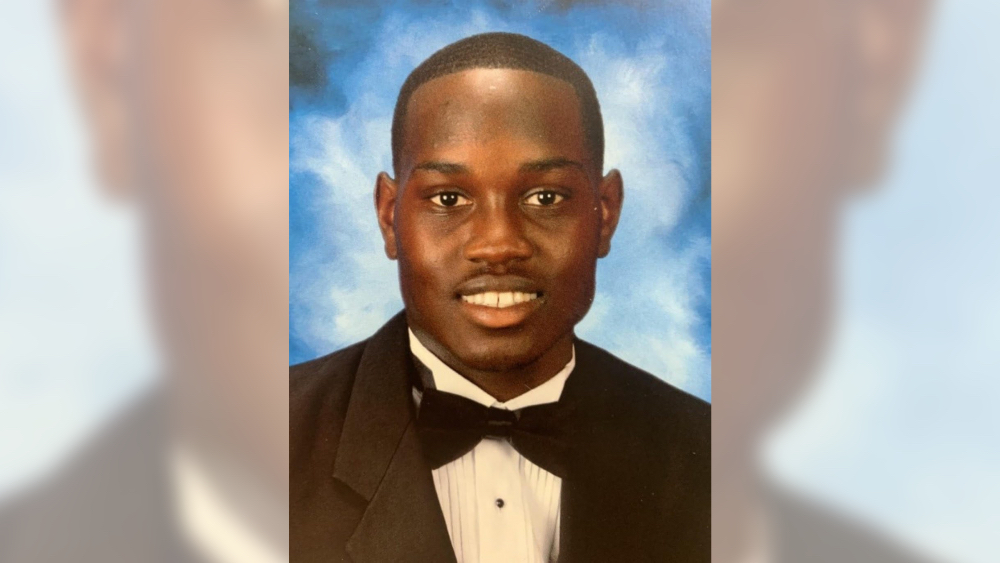If you’re interested in sharing your opinion on any cultural, political or personal topic, create an account here and check out our how-to post to learn more.
____
Georgia was one of the last states to issue a statewide stay-at-home order due to the current global health pandemic. Georgia’s governor, Republican Brian Kemp, explained in a press conference that the delay in state closure was because he had not realized people who do not exemplify symptoms of COVID-19 could, in fact, still have the virus. While states like Louisiana and Michigan, similar to Georgia, comprised of cities with relatively high Black populations, issued stay-at-home orders in mid-March, Georgia governor Brian Kemp waited until April to close the state.
Three weeks later, Kemp declared the state would reopen on Friday, April 24, allowing businesses like barbershops, salons and spas to begin welcoming customers again. More than 1,000 COVID-19 cases were reported that same day.
In response to the decision to reopen the state, a few prominent Black voices spoke out against his notion, denouncing the decision as an attack on Black and brown communities. Former Georgia gubernatorial candidate Stacy Abrams referred to Kemp’s choice as “dangerously incompetent,” and Atlanta Mayor Keisha Lance Bottoms, who recently penned an op-ed, wrote, “Reopening the state and relaxing social-distancing measures now is irresponsible and could even be deadly. Our hospitals may not be stretched to capacity, but that does not mean we should work to fill the vacant beds.”
The southwest region of Georgia has one of the highest rates of COVID-19 infections. Five of the hardest hit counties, all mostly Black demographically, are in southwest Georgia, and residents fear the deaths will increase. “It’s crazy to open these businesses,” one resident said. “Which do you want us to do: Be safe or be sorry? Live or die?”
For many, the answer is the latter. Many other Black people could also raise this question, global pandemic or not.
A little over one month prior to the pinnacle of this raging health pandemic, Ahmaud Arbery, a 25-year-old unarmed Black man, was murdered in Brunswick, Georgia, on February 23. News of his death did not break nationally until over two months later. Arbery was jogging through a neighborhood, ironically three days before the anniversary of Trayvon Martin’s murder, when father and son, Gregory and Travis McMichael, white men, chased and shot him. In a response, Andrea Young of the ACLU of Georgia, said “both incidents are a reminder that white supremacy has been a foundation for our country and leads repeatedly to the targeting and harming people of color, particularly African Americans.”
White supremacy is the foundation on which the disproportionate death rate of Black people amid COVID-19 stands, and it is also the foundation on which two white men were able to kill an unarmed Black man in broad daylight, and be able to walk free. One would call this a crisis within a crisis.
This week, as the COVID-19 death toll continues to rise, Black celebrities, activists, attorneys, and politicians have taken their anger, frustrations and calls to action to social media, using the hashtag #IRunWithAhmaud.
Possessing the innate ability, strength, resilience and audacity to demand that a state (which ended stay-at-home orders at the height of a global health pandemic, that is very clearly killing Black people at a higher rate) rightfully bring justice to one Black family is a superpower. It is a superpower, for reasons unknown and undiscovered, that only Black folks seem to have acquired.
“If you could have any superpower, what would it be?”
It’s a cliche question asked too often, but "to stand up against injustice amid an unjust crisis," would likely never be anyone’s answer.
It might be a superpower only Black people possess, but it's also one that no one would ever covet. It’s a superpower that's more draining than empowering. It’s a superpower that can create a sense of hopelessness, rather than hope. Yet, ironically, it gives both power and hope.
The question is, will a state that has chosen to make Black life the last priority in a pandemic, somehow feel inclined to make Ahmaud's life a first priority for the sake of justice?
Regardless of the situation or the outcome — of a global pandemic, a historic crisis, an unjust murder — I can bet that Black people will still choose to fight back. I can bet that Black people will still organize to contact the Georgia District Attorney's office demanding direct action and a just outcome. And I can bet that Black people will still have the audacity to prevail — using a superpower we didn't ask for, but one that is essential to how we survive.
